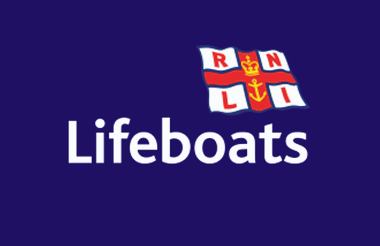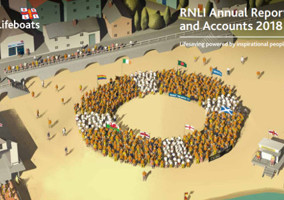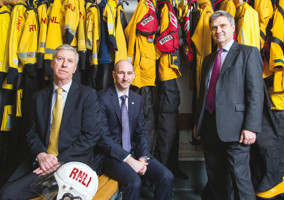The Royal National Lifeboat Institution has decided to start using “legitimate interest” as a basis for processing supporters’ data following a drop in its income.
In 2015, following media scrutiny of charity fundraising practices and in advance of the introduction of the General Data Protection Regulation (GDPR), RNLI announced that it would only contact people who had “opted in” to receive communications. It predicted that the move would cost the charity £35.6m over five years.
However, Jayne George, fundraising director at RNLI, has now told Civil Society News that the move to legitimate interest is based primarily on the charity's financial resources falling by £28.5m in 2018. The legitimate interest provision allows organisations to use some personal data if it is necessary for their business to function.
The charity also announced last month that it would reduce its staff count by 135 after a £6.3m deficit between income and charitable spend, and one of the busiest years on record.
George said about the move to legitimate interest: “Another driver for doing this is so we can engage a new cohort of supporters and steward them and send them engagement pieces in an appropriate way.”
RNLI experienced a surge in donations in September, as well as negative feedback, after media criticism of the international component of its work. However, the opportunity to grow its supporter base from this was not a driver behind this latest decision.
George said the charity is also not yet in a position to say how the criticism and subsequent responses affected the charity's overall income and whether donations translated into regular givers.
A half-million supporter base to grow from
RNLI had announced it would be moving to opt-in consent in 2015, and this came into effect in 2017. It meant supporters would need to give consent for the charity to use their data and send communications, rather than a default that opted supporters in to communications, but where they could choose to “opt-out”.
Prior to adopting so-called opt-in, the RNLI had a database of two million supporters, which fell to 500,000 by 2018.
George said: “The difference from where we were this time last year is that we want to grow the database of engaged supporters.
“We’ve got a good foundation, we’ve got half a million really committed supporters on the database, and the plan this year is to grow that number.”
Using legitimate interest
A spokesperson from the Fundraising Regulator commented on how charities should ensure a legitimate interest in their contact with supporters to stay within GDPR rules.
They said: “We understand that charities need to make decisions that allow them to fundraise effectively, taking account of the law on using personal data.
“Charities don’t necessarily need to have the consent of individuals to send direct marketing.
“GDPR makes it clear that legitimate interest to contact can be used provided the charity has reviewed whether the person they are contacting would reasonably expect to hear from the organisation.”
Meaningful contact with donors
George explained how a legacy pledger had questioned the charity’s lack of communication following her leaving a gift in her will.
She said: “For me that didn’t feel right, so with legitimate interest it will enable us to do that in a way that is meaningful for her and give her a better experience.”
RNLI also recorded an £8.5m fall in legacy income in 2018.
George said the RNLI would be trialling door drops, which it used successfully in the past. She also plans to use Direct Response Television, which would be new to the charity.
She said: “We’re in a phase of testing all of that to make sure we make the right investment decisions going forward.”
But she added that it would be difficult to be specific about growth numbers and make predictions or set targets.
She said the fundraising budget had not been increased significantly.
Editor’s note: this story has been corrected to make clear that RNLI experienced a £28.5m fall in financial resources rather than income, and that the deficit between income and expenditure was £6.3m rather than £6.5m.
|
Related articles












